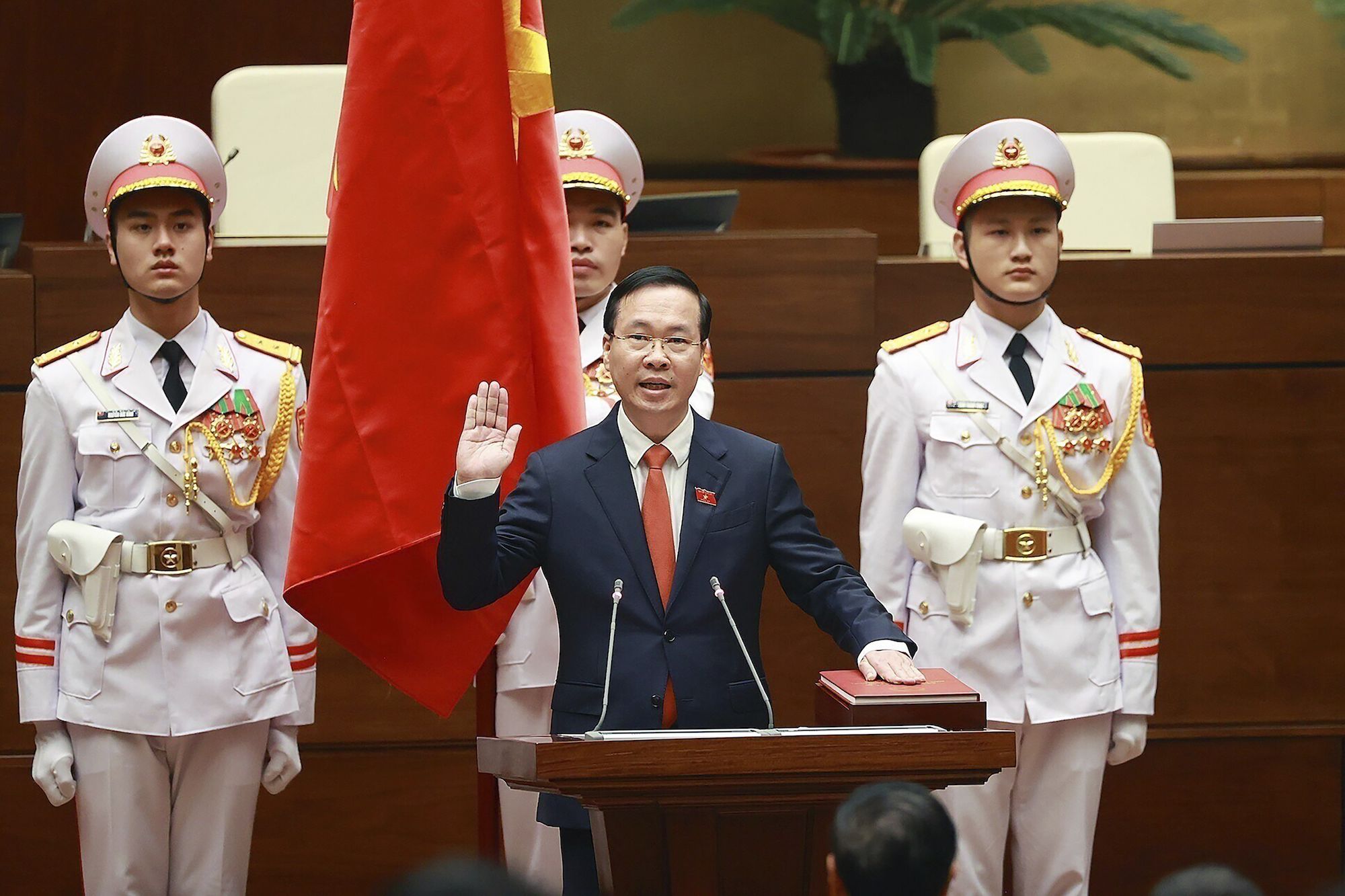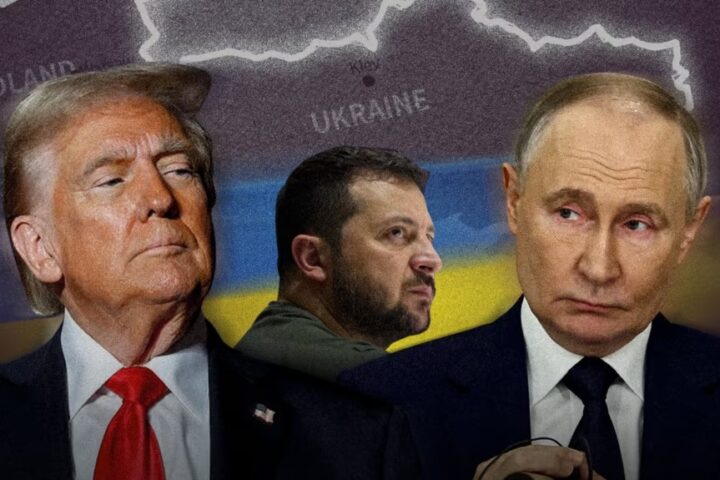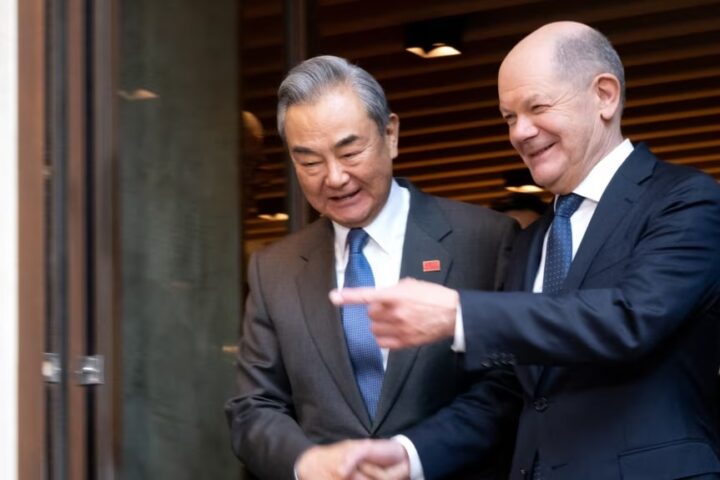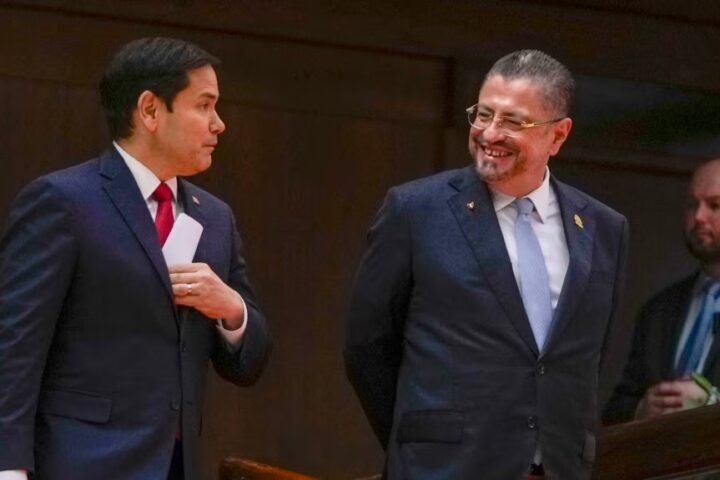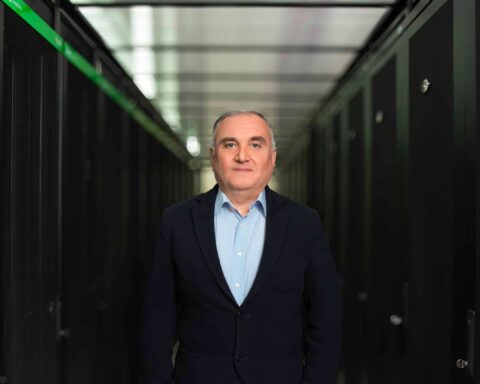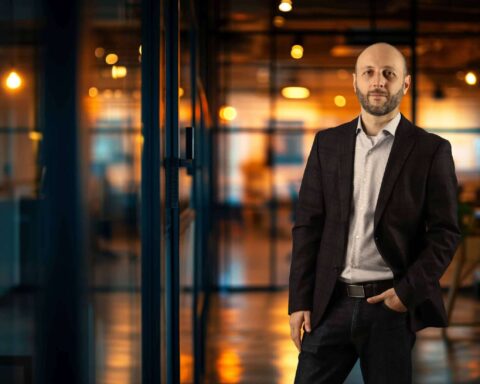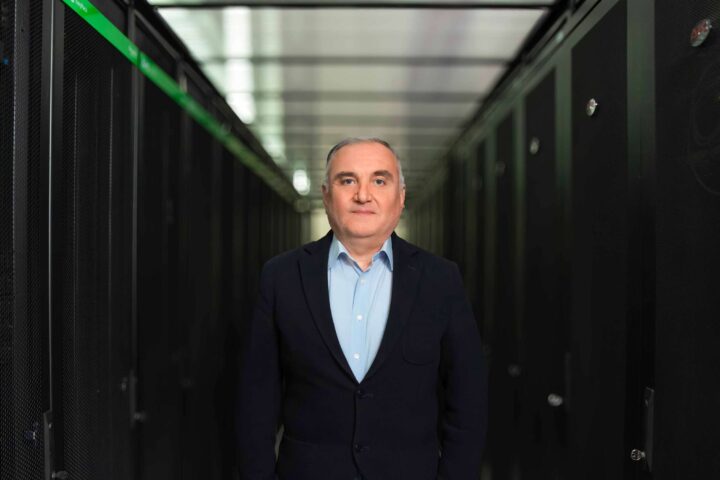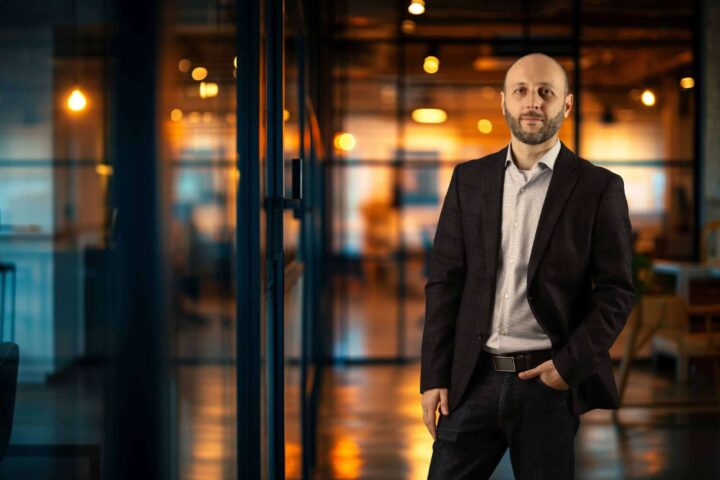HO CHI MIN CITY/WASHINGTON — Analysts say this month’s resignation of Vietnamese President Vo Van Thuong, one year into his five-year term, indicates infighting within the Communist Party and shakes the country’s reputation for political stability, a key driver of foreign investment.
On March 20, the party’s Central Committee held an extraordinary session in which it agreed to allow Thuong to give up the presidency and all official duties. Thuong’s resignation comes amid an anti-corruption drive led by the party’s leader, 79-year-old General Secretary Nguyen Phu Trong.
The office of the Party Central Committee said in a written statement that day that an investigation from the Central Inspection Commission revealed that Thuong had committed violations of party regulations.
Nguyen Khac Giang, visiting fellow at Singapore’s ISEAS-Yusof Ishak Institute, told VOA March 23 that the government’s statement on Thuong’s dismissal is vague but many suspect his resignation is connected to his time serving as party secretary of Quang Ngai province from 2011 to 2014.
On March 8, the province’s chairman, Dang Van Minh, and former chairman Cao Khoa were arrested in relation to an ongoing investigation into Phuc Son real estate group. According to government statements, police found that the real estate firm had committed acts of forgery, perjury, and selective bookkeeping which caused $26 million in losses to the state budget.
“Thuong served as a party secretary at that time so those are linked together and people allege that probably Thuong was forced to step down because of that,” Giang said.
Succession struggle
Giang added that Thuong’s resignation is an “extremely rare and surprising incident” particularly because he is the second president to step down in less than two years.
Thuong’s predecessor, Nguyen Xuan Phuc, was forced to give up the role in January 2023. Phuc’s downfall is believed to have been due to his alleged connection to the inflation of COVID-19 test kit prices.
“One man was brought down in the anti-corruption campaign and the next man that was brought in to replace that position … one year later he was forced out for the same reason,” Giang said of the two presidents.
“This doesn’t sound really good for the party’s organization and for the party’s image as the protector of stability,” he said.
Florian Feyerabend, the Vietnam representative of German political foundation Konrad-Adenauer Stiftung, struck a similar chord, telling VOA that Phuc and Thuong’s successions in such a short time “raises unavoidably questions about the predictability, reliability, and inner workings of the system.”
“While the system as such remains stable, the internal balance of power seems to be in limbo ahead of the next party congress,” he said.
The timing of Thuong’s resignation is significant, experts said, as it comes ahead of planned changes to the country’s top echelon of leadership at the 14th National Congress in 2026.
Carl Thayer, emeritus professor with the University of New South Wales in Australia, said Thuong’s resignation would have the effect of speeding the process of selecting candidates for the new Central Committee and “exposing differences within the leadership.”
At 54 years old, Thuong was the youngest member of the Politburo and considered to be a potential candidate for the leading position of general secretary.
“[Thuong] was clearly going for something larger. … There were reasons to believe that he might be an appealing choice for a party increasingly out of touch with the younger generation,” Zachary Abuza, Southeast Asia expert and professor at the National War College in Washington, told VOA on March 20.
“It was a pretty spectacular fall,” Abuza said.
Although it is unclear what political motivations led to Thuong’s downfall, Abuza said that Public Security Minister To Lam appears to be vying for the country’s most powerful position.
“We still don’t know who wanted to take [Thuong] down,” Abuza said. “All eyes are on the minister of public security because he has been pretty ruthless in taking down rivals. He clearly eyes the top job for himself.”
Thayer told VOA that the two likely candidates to succeed Thuong are Lam and Truong Thi Mai, head of the Central Committee’s Organization Commission. He said that the fact that the case has surfaced after 12 years “leads to the supposition” that Lam is getting rid of possible rivals in an attempt to stay in power after the 2026 party congress.
Duy Hoang, executive director of Viet Tan, an unsanctioned political party that promotes democracy in Vietnam, also said he sees Thuong’s fall as a result of a power struggle.
“This is probably a proxy war for who’s going to be the leader of the Communist Party in the foreseeable future,” he told VOA on March 20.
Economic challenges
The political shake-up poses a threat to the country’s economy, Abuza said. Along with the two presidents and high-profile arrests in the private sector, officials including a deputy prime minister, two ministers, and more than a dozen provincial leaders have also been dismissed since 2021.
“For a country that prides itself on political stability as one of its key selling points to foreign investors, it sure isn’t looking very stable,” Abuza said.
Feyerabend also said that political stability is important among the factors that make Vietnam attractive for foreign direct investment. He said, though, that recent political events do not immediately affect the overall stability of Vietnam’s political system or its attractiveness for foreign direct investment.
Hoang of Viet Tan pointed to concerns for the livelihoods of the country’s more than 100 million citizens.
“I think it’s going to affect people’s lives because there’ll be economic disruption,” Hoang said. He added that corruption is endemic in Vietnam but due to the anti-corruption campaign many officials are “concerned that they are going to be drawn into the blazing furnace.” General Secretary Trong has described his anti-graft campaign as a “blazing furnace.”
“Permitting decisions are being dragged out and people can’t make decisions,” Hoang said. “Things are so frozen because of this power struggle.”
Still, Giang at ISEAS said there is room for optimism. He said foreign direct investment is the country’s key economic engine and remains the Communist Party’s priority.
“We’ll muddle through the current uncertainty and we’ll continue to perform well no matter who’s in charge,” he said. “Vietnam still wants to maintain … high sustainable economic growth, political stability, and balancing well between China and the U.S. no matter which factions or people are in charge.”
Linh Dan of VOA’s Vietnamese Service reported from Washington.



